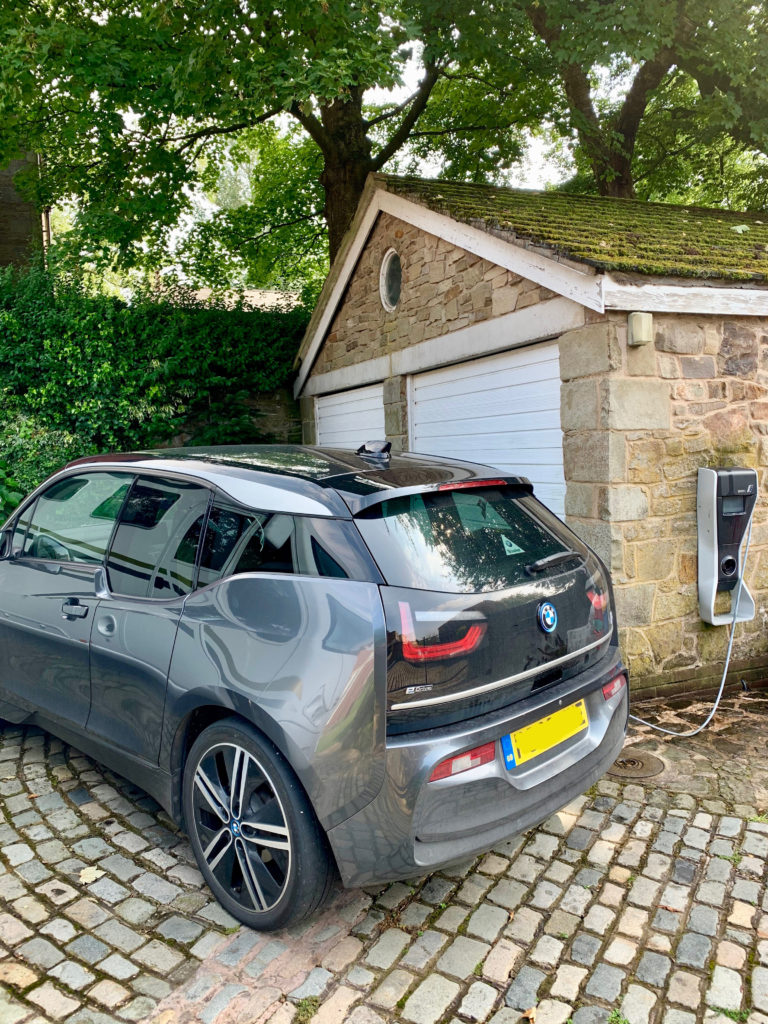Over £30 million has been lost to pension scams since 2017, according to the Financial Conduct Authority (FCA) and The Pensions Regulator (TPR).
A total of £30,857,329 in pension savings has been lost to scammers since 2017, data published by the FCA and the TPR revealed. Reported losses ranged from under £1,000 to as much as £500,000. The average victim was a man in his 50s, the FCA and the TPR found.
65% of pension savers said they felt confident they could spot a scam. However, four in ten would put themselves at risk unknowingly by engaging with a common scam tactic, such as being told it’s a time-sensitive offer.
The FCA and the TPR have advised savers not to be pressured into making any decisions about their pensions, and to reject unexpected pension offers, whether these are made online, via social media or over the phone.
Mark Steward, Executive Director of Enforcement and Market Oversight at the FCA, said:
‘During these uncertain times, it is more important than ever to defend your lifetime savings from scammers.
‘Fraudsters will seek out every opportunity to exploit innocent people, no matter how much or how little you have saved.’
Internet link: FCA news

